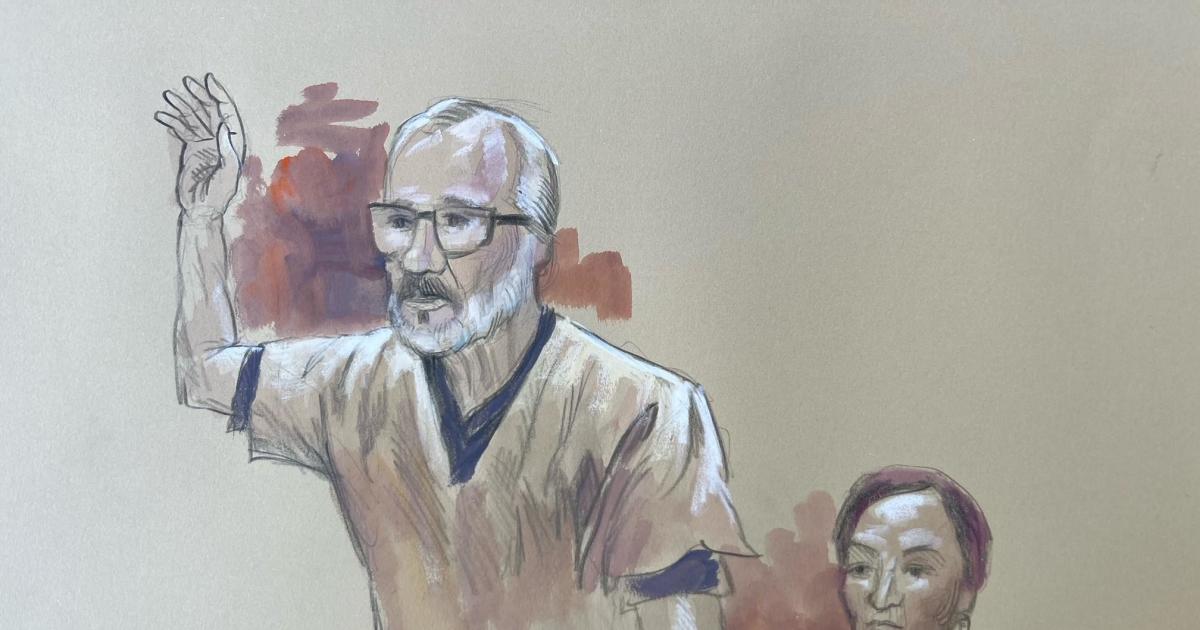Former U.S. ambassador Victor Manuel Rocha pleaded guilty to spying for Cuba’s intelligence agency for over 40 years and was sentenced to 15 years in prison, ending one of the longest-running betrayals of the U.S. government in history. Rocha, who initially pleaded not guilty, changed his plea in February and made a deal with prosecutors. The plea deal was amended to include possible restitution for victims and the potential revocation of Rocha’s U.S. citizenship. Rocha also promised to cooperate with the government and provide information about his actions.
Little information has been revealed about the extent of Rocha’s work for the Cuban government or how he may have influenced U.S. policy during his two decades working for the State Department. Despite having high-level security clearances and access to top secret information, Rocha was not charged with espionage but with acting as a foreign agent, which carries a shorter prison sentence. Attorney General Merrick Garland described the case as one of the highest-reaching infiltrations of the U.S. government by a foreign agent.
Rocha, born in Colombia, moved to New York at a young age after his father’s death. His family relied on his uncle for support, and Rocha eventually rose to become a U.S. ambassador. Prosecutors argued that the 15-year sentence was appropriate given Rocha’s likely age at release. The case’s resolution was momentarily in doubt during the sentencing when Judge Beth Bloom questioned the adequacy of the plea deal, leading to amendments that included restitution for potential victims.
David Newman, a top national security official at the Justice Department, characterized Rocha’s actions as a staggering betrayal of the American people. Newman highlighted the deception Rocha lived, acting as an agent for the Cuban government while holding senior positions in the U.S. government. Rocha’s promise to cooperate with the government and provide details about his activities may shed more light on the case and its implications. The resolution of the case brings an end to a lengthy investigation and prosecution process.
The Justice Department referred to Rocha’s actions as “espionage lite,” suggesting that evidence for espionage charges was lacking due to the significant gap between the alleged conduct and the start of the investigation. Rocha’s cooperation may provide more insight into the extent of his activities and any potential impact on U.S. government policies. The case underscores the importance of vigilance in safeguarding national security and preventing foreign infiltration of government agencies. Rocha’s guilty plea and sentencing serve as a reminder of the consequences of betraying one’s country and the commitment to upholding the rule of law.









